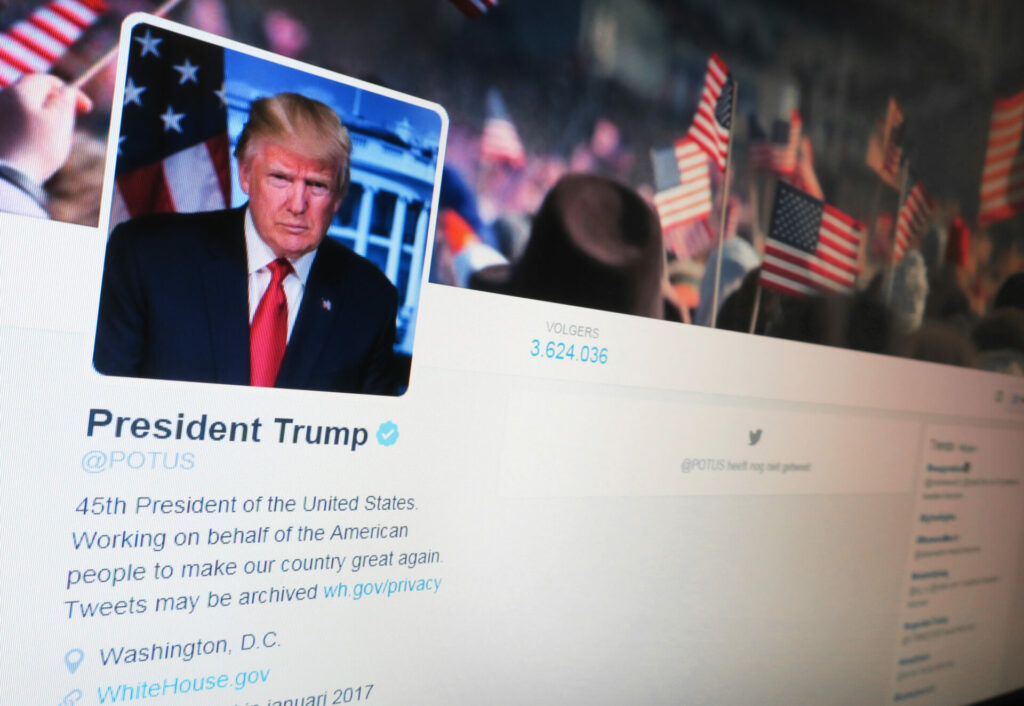Elon Musk-owned Twitter announced on Tuesday that it would be expanding the permitted political advertising on its platform in the coming weeks, which would represent a reversal of a ban imposed by the company years ago.
In 2019, Jack Dorsey, co-founder and then top executive of Twitter, announced a ban on advertising from political parties, politicians and candidates, based on the company's belief that "political message reach should be earned, not bought."
This mantra can still be found on its policy page on this type of advertising — which explains that Twitter globally prohibits the promotion of political content — however, this may change in the coming weeks.
"We plan to expand the political advertising we permit in the coming weeks," the company tweeted on Tuesday.
In the same tweet, it announced that it would be relaxing its advertising policy for cause-based ads in the US, stating it believes these can "facilitate a public conversation around important topics." Twitter's website states this includes ads that "educate, raise awareness, and/or call for people to take action in connection with civic engagement, economic growth, environmental stewardship, or social equity causes."
The company added that it will be sharing more details "as this work progresses," but already disclaimed that it would align its advertising policy with that of TV and other media outlets.
Boosting revenue
This is believed to be the latest in a line of potentially controversial changes made to what Musk, a self-described “free-speech absolutist" who took over the social media company in October last year, sees as restrictive measures on Twitter.
Musk has since reinstated a number of banned Twitter accounts, including those of President Donald Trump, as well as misogynistic influencer Andrew Tate, who was banned from Twitter in 2017 after he tweeted that victims of sexual violence "should bear some responsibility for the acts." Both decisions resulted in frequent outcry from other users.
Related News
- Twitter will relaunch a new paid authentication system on Monday
- WhatsApp ending support for 49 smartphones: Is your device affected?
However, it is also believed to be a bid by the company to get more revenue from ads on the platform, as Musk's controversial direction caused several major brands to abandon the platform. Other social media companies, including Meta’s Facebook and Google’s YouTube, also allow paid political content.

